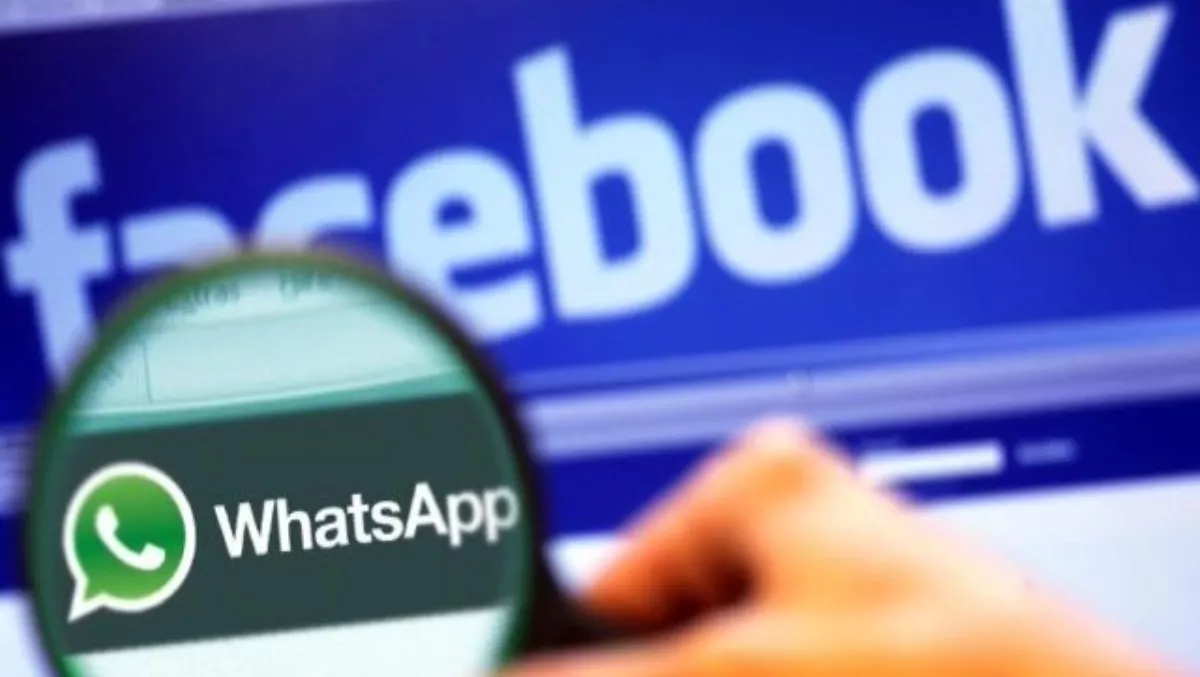
Is Facebook's WhatsApp acquisition a surprise?
Facebook’s acquisition of WhatsApp should come as no surprise and makes sense for both parties, although there are some key challenges ahead in terms of how Facebook develops and monetises WhatsApp going forward.
That's according to Eden Zoller, Principal Analyst, Consumer Telecoms, Ovum, who claims the social messaging market is growing rapidly, with messaging volumes to reach 69 trillion with subscribers growing to 1.8 billion by the end of 2014 according to forecasts.
"An immediate benefit to Facebook in the WhatsApp acquisition is that it has enabled two strong social messaging players to be on the same team. WhatsApp is a player which is strong in both mature markets as well as emerging markets across Asia and the Middle East, which present a significant growth opportunity for Facebook," Zoller says.
"At the same time, Facebook is growing its mobile footprint with close to a billion monthly active mobile users. This makes innovation in mobile services and capabilities an imperative, either organically or by acquiring best in class applications like WhatsApp.
"With the acquisition Facebook has gained access to WhatsApp’s large repository of phone numbers, which was a missing link for Facebook’s user information. The access to phone numbers now bridges the offline and online worlds of Facebook users.
"WhatsApp will also enhance Facebook’s mobile strategy and make the service grow faster and be stickier with mobile first users. Facebook will in turn provide WhatsApp with the funds and resources it needs to develop the service and become an even stronger competitor in an increasingly over crowded messaging market."
According to Ovum's Mobile Messaging Forecast, operator based mobile messaging traffic (including MMS, SMS, A2P SMS) will peak in 2014 with 7.7 trillion messages, declining in 2015 to 7.6 trillion messages.
While OTT messaging is set to grow strongly YoY, Ovum's Social Messaging Traffic and Subscriber forecast, estimates OTT messaging traffic to have hit 27.4 trillion in 2013 and growing with triple digit growth rates to 68.9 trillion by the end of 2014.
SMS volumes were higher than social messaging volumes in 2012, but in 2013 messaging apps took a big leap forward and overtook traffic with strong growth in traffic expected to continue in the coming years.
“There are questions as to how Facebook will position WhatsApp and its own Facebook's own Messenger application in the longer term," Zoller adds.
"In the short term at least they will continue to operate as standalone, separate applications. Facebook Messenger has met with success and according to Facebook the application saw a 70 percent increase in usage during the fourth quarter of 2013.
“However, it seems likely that that he two messaging services will eventually be merged, possibly under the WhatsApp brand that has greater resonance with consumers that Facebook Messenger.
"Facebook will need to develop WhatsApp but must ensure it does so in a way that does not compromise the appeal of the core service that has proved so popular with users.
"Under its own management, WhatsApp has made a point of staying true to its messaging roots and aimed to remain a pure play messaging service by avoiding broadening the platform to support additional services such as games.”

